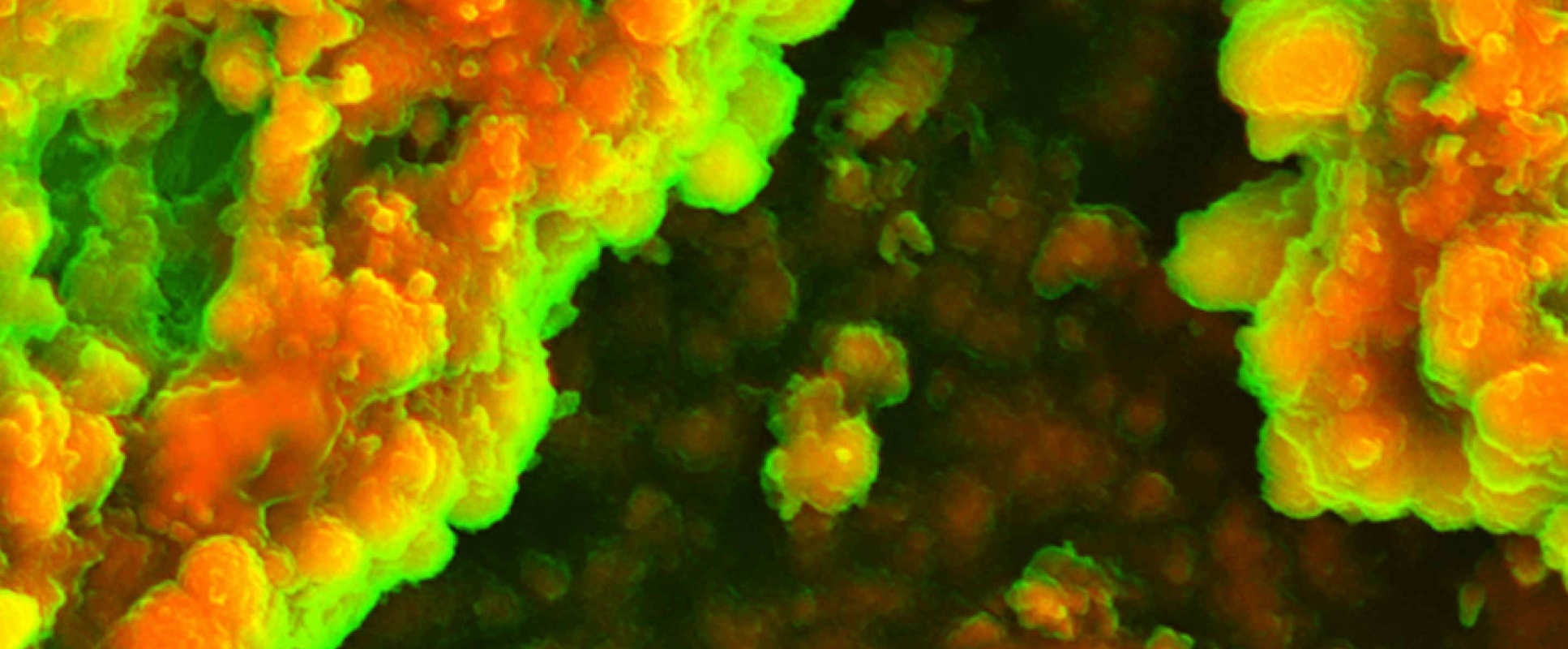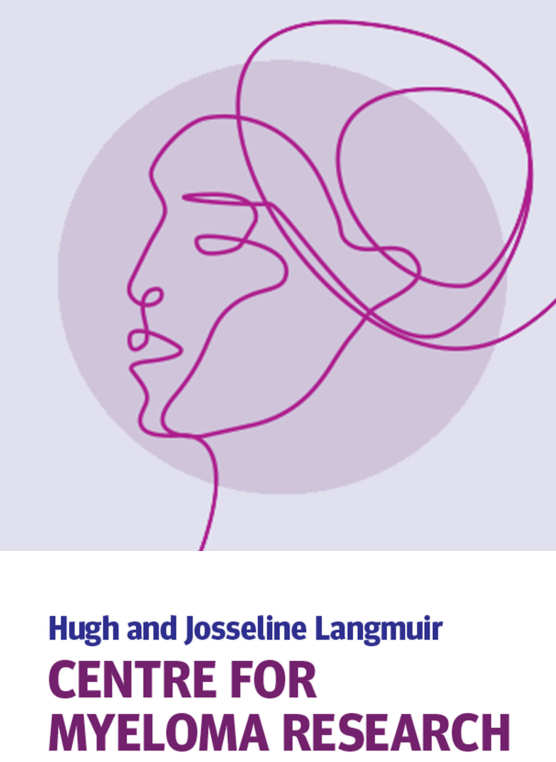BibTex format
@article{Saavedra-Garcia:2021:10.1073/pnas.2018229118,
author = {Saavedra-Garcia, P and Roman-Trufero, M and Al-Sadah, HA and Blighe, K and Lopez-Jimenez, E and Christoforou, M and Penfold, L and Capece, D and Xiong, X and Miao, Y and Parzych, K and Caputo, V and Siskos, AP and Encheva, V and Liu, Z and Thiel, D and Kaiser, MF and Piazza, P and Chaidos, A and Karadimitris, A and Franzoso, G and Snijder, AP and Keun, HC and Oyarzún, DA and Barahona, M and Auner, H},
doi = {10.1073/pnas.2018229118},
journal = {Proceedings of the National Academy of Sciences of USA},
title = {Systems level profiling of chemotherapy-induced stress resolution in cancer cells reveals druggable trade-offs},
url = {http://dx.doi.org/10.1073/pnas.2018229118},
volume = {118},
year = {2021}
}
RIS format (EndNote, RefMan)
TY - JOUR
AB - Cancer cells can survive chemotherapy-induced stress, but how they recover from it is not known.Using a temporal multiomics approach, we delineate the global mechanisms of proteotoxic stressresolution in multiple myeloma cells recovering from proteasome inhibition. Our observations definelayered and protracted programmes for stress resolution that encompass extensive changes acrossthe transcriptome, proteome, and metabolome. Cellular recovery from proteasome inhibitioninvolved protracted and dynamic changes of glucose and lipid metabolism and suppression ofmitochondrial function. We demonstrate that recovering cells are more vulnerable to specific insultsthan acutely stressed cells and identify the general control nonderepressable 2 (GCN2)-driven cellularresponse to amino acid scarcity as a key recovery-associated vulnerability. Using a transcriptomeanalysis pipeline, we further show that GCN2 is also a stress-independent bona fide target intranscriptional signature-defined subsets of solid cancers that share molecular characteristics. Thus,identifying cellular trade-offs tied to the resolution of chemotherapy-induced stress in tumour cellsmay reveal new therapeutic targets and routes for cancer therapy optimisation.
AU - Saavedra-Garcia,P
AU - Roman-Trufero,M
AU - Al-Sadah,HA
AU - Blighe,K
AU - Lopez-Jimenez,E
AU - Christoforou,M
AU - Penfold,L
AU - Capece,D
AU - Xiong,X
AU - Miao,Y
AU - Parzych,K
AU - Caputo,V
AU - Siskos,AP
AU - Encheva,V
AU - Liu,Z
AU - Thiel,D
AU - Kaiser,MF
AU - Piazza,P
AU - Chaidos,A
AU - Karadimitris,A
AU - Franzoso,G
AU - Snijder,AP
AU - Keun,HC
AU - Oyarzún,DA
AU - Barahona,M
AU - Auner,H
DO - 10.1073/pnas.2018229118
PY - 2021///
SN - 0027-8424
TI - Systems level profiling of chemotherapy-induced stress resolution in cancer cells reveals druggable trade-offs
T2 - Proceedings of the National Academy of Sciences of USA
UR - http://dx.doi.org/10.1073/pnas.2018229118
UR - http://hdl.handle.net/10044/1/87287
VL - 118
ER -

